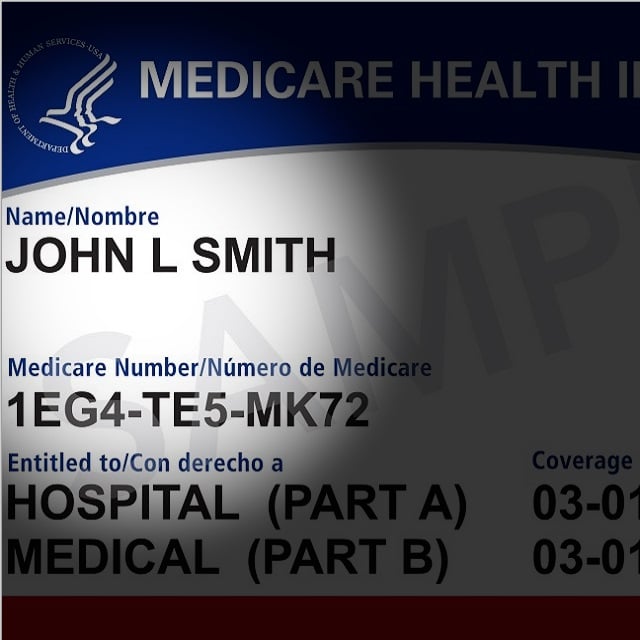Supreme Court Could Help Health Insurers Collect $12 Billion From USA
Clement and Kneedler
Chief Justice John Roberts Jr. questioned Clement about his clients' reliance on the government's alleged obligation to pay. "But they have good lawyers and I would have thought at some point they would have sat down and said, 'Well, why don't we insist upon an appropriations provision before we put ourselves on the hook for $12 billion?'" he asked. Clement said insurers in 2010 relied on a "money-mandated promise." He told Roberts: "It is not the law that the government can make an obligation go away." The remedy for the insurers, he said, was to file suit in the Federal Claims court, "get a judgment, and get damages from the government's Judgment Fund." Kneedler faced many more skeptical questions than Clement. Justice Stephen Breyer repeatedly and with hypotheticals pressed the veteran Justice Department lawyer on why the "shall pay" language did not create an enforceable contract. "Why doesn't the government have to pay its contracts like everyone else?" Breyer asked. "They didn't say they wouldn't pay, just don't pay out of that fund." Kneedler replied, "This isn't a contract." Breyer pressed again, "Why not? Why isn't it close enough?" Kneedler argued that absent a clear statement that a contract was being formed, the statute does not state a contract. "It states a policy," he said. Justice Brett Kavanaugh asked Kneedler about the possible implications of a ruling against the government. "f we were to rule for you, everyone will be on notice going forward, private parties and Congress itself, that 'shall pay' doesn't obligate actual payments," Kavanaugh said. "If we rule against you, Congress also will be on notice going forward that it needs to include 'subject to appropriations' kind of language in any mandatory statute. My question is, if we rule against you, are there other existing statutory problems lurking out there in the interim?" When Kneedler said insurers had participated in the ACA program because it was a good business opportunity, not because of ACA subsidy promises, Roberts said, "No, it's a good business opportunity for them because the government promised to pay."
The ACA and the Supreme Court
The risk corridors case is the fifth ACA case to be heard by the justices since the Obama-era law's enactment in 2010. The justices may soon take up a sixth dispute: a ruling is expected shortly by the Fifth Circuit on a group of Republican-led states' challenge to the entire law. The appeals court is weighing a Texas trial judge's declaration that the entire law must fall. —Read PPACA Risk Programs: Will Those Kidneys Work?, on ThinkAdvisor. — Connect with ThinkAdvisor Life/Health on Facebook and Twitter.
© 2025 ALM Global, LLC, All Rights Reserved. Request academic re-use from www.copyright.com. All other uses, submit a request to [email protected]. For more information visit Asset & Logo Licensing.
Featured Resources
View All
Sponsored by Illinois Mutual Life Insurance Company
4 Reasons To Sell Simplified Issue Disability Income Insurance (SIDI)

Sponsored by Illinois Mutual Life Insurance Company
Simplified Issue Disability Income Insurance (SIDI): A Smarter Way to Sell and Protect







